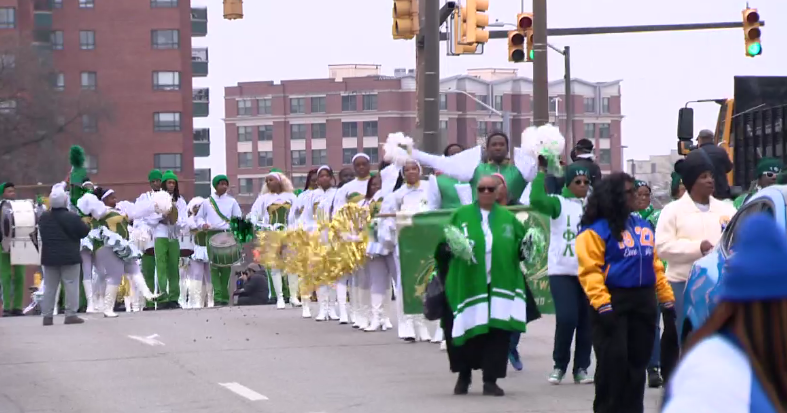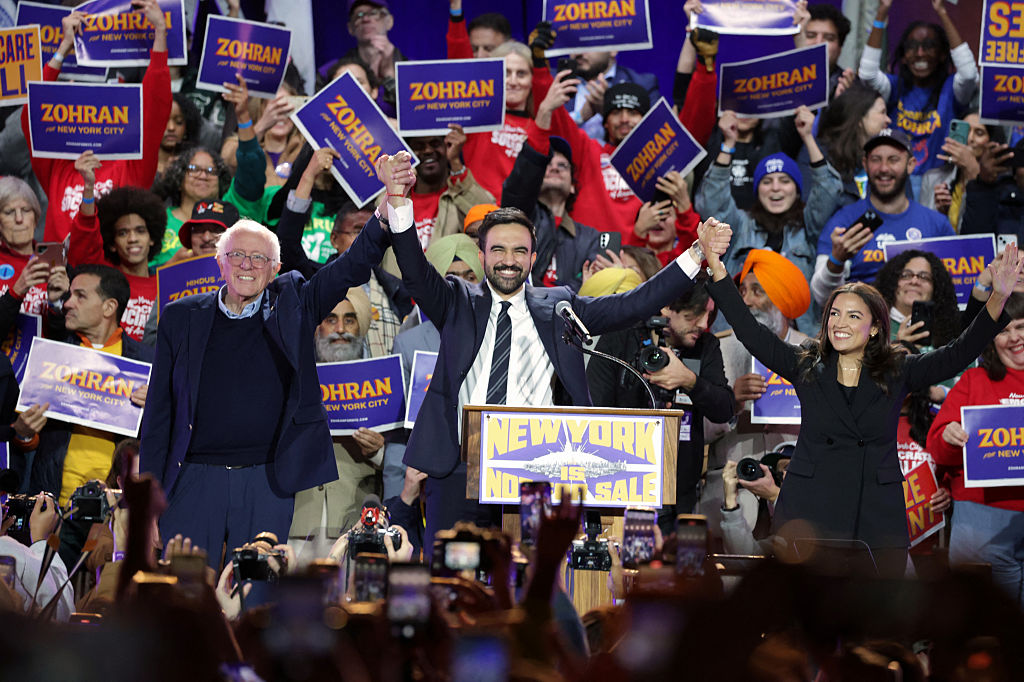New rules for company holiday parties
The annual company holiday party is supposed to be a fun occasion, but now many businesses fear it could become open season for sexual harassment. So management has been given a clear directive: Don't hang up mistletoe, preferably serve nonalcoholic drinks and vigorously impress on all attendees that during this company-sponsored event, groping, leering or any sexual innuendo will not be tolerated.
After all, it's a new age in the workplace.
The anything-goes '50s and '60s, exemplified by the TV show "Madmen" -- where men smoked and drank while wearing those trademark narrow ties and expected female co-workers to be sexually available -- has been replaced. Angry women, and even men, now accuse these predators of misconduct, which leads to disgrace, firing or being thrown out of elected office.
Worse yet, under federal civil rights laws and state regulations, companies themselves could be liable for the sexual harassment of their employees and management's failure to correct it.
Sexual barricades are being built. The National Federation of Independent Business flashed a warning sign earlier this month highlighting two "problem areas": drunk driving and sexual harassment. Their advice is to hire professional bartenders if drinking is permitted, remind employees about anti-harassment policies ahead of time and -- front and center -- don't hang mistletoe, which could encourage more than a friendly kiss and perhaps even groping.
The annual party is only one aspect of the dangers of sexual harassment confronting companies year-round. Senior Vice President Kevin Mahoney of Venbrook Group, a specialty insurance broker that advises US corporations on how to avoid sexual harassment cases -- or how to deal with them when they happen -- points out that most companies still don't have any protection.
Less than half of businesses with more than 1,000 employees actually have "Employment Practices Liability" (EPL) insurance, which covers them against harassment suits, according to Advisen Ltd., a data and research provider for the insurance industry. The percentage drops to less than a quarter if a business has fewer than 100 employees.
Smaller companies may think they're safe, but they're not. Figures from the Equal Employment Opportunity Commission (EEOC) show a growing contingent of angry women who could surge into action given the opportunity. "Nearly 85 percent of women say they've been sexually harassed at work," said Mahoney, "and almost 13,000 sexual harassment cases were filed in 2016."
The US has more cases of sexual harassment than any other country. California, with its laid-back culture of combining work and play in the same office, is an epicenter for these lawsuits, Mahoney said. One major insurer doesn't even offer this type of coverage in Southern California because the area has become so litigious.
The cost of settling sexual harassment suits falls under the EPL umbrella and can amount to more than $21 million, which can be disastrous for a small firm. But Mahoney said what really hurts are the legal fees lawyers can run up, reputational damage, finger-pointing within the company and expected firings that usually occur before it's settled.
Every company should be worried, but some more than others. "We have a political marketing firm as a client," said Mahoney. "Every two years they host a lot of cocktail parties with booze, which presents all kinds of issues such as liquor liability and whether or not it was a work event." If it is a work event, the company could be liable for the drunken and lewd behavior of its political clients.
Mahoney also said what really scares corporations is the threat of class actions, like the one just filed by six women against Harvey Weinstein and his Hollywood businesses. "That's where you see the big-money settlements."
The defendants in that suit include a host of high-profile board members, such as the owners of the New York Knicks and Milwaukee Bucks, a hedge fund manager, as well as Harvey's brother Bob Weinstein. The list could grow. In a joint statement, the six plaintiffs said, "We are but six women representing hundreds."
What exactly can a company that wants to appear friendly do to protect itself, particularly high-tech firms trying to attract and hire millennials?
"That's a conundrum," said CEO Adam Ochstein of StratEx, a consulting firm for the human resources industry. "You try to promote the social aspect with pool tables, happy hours and weekend softball games, which lowers people's guard. But what do you do when an employee is physically attracted to their boss?" And if it ends -- badly?
Companies have to be extremely mindful, particularly when they hire. Did this candidate change jobs too often? Who are he or she associated with on LinkedIn, and what are those people saying about this applicant off the record? What does he or she say on Twitter, and who do they follow and retweet?
"Give me 30 seconds," said Ochstein, "and I'll find out."



